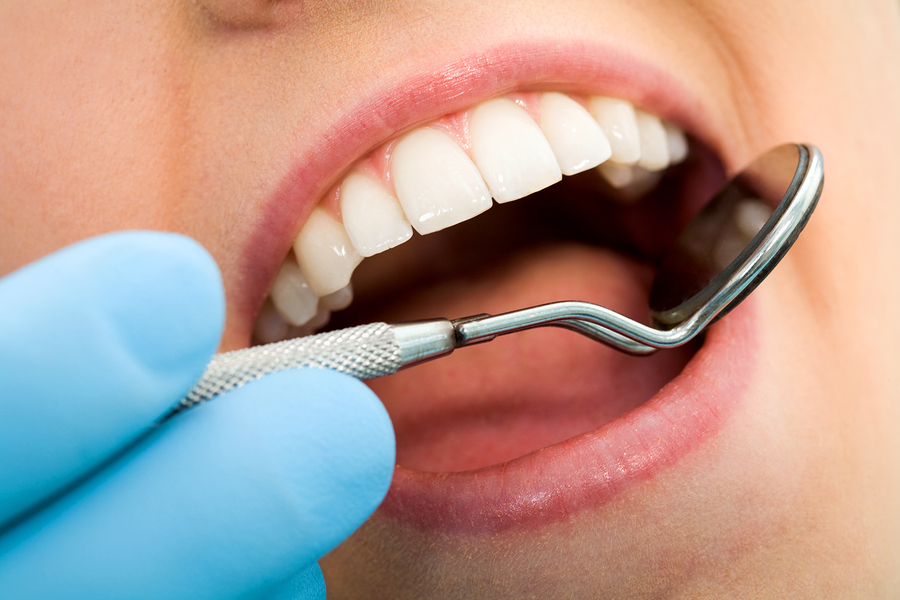Dental health is often forgotten about until we have a problem. Sure, we brush our teeth twice a day, but when else do we think about our teeth and gums? Brushing and flossing are not enough to protect our oral health. One must incorporate a good diet into their health regimen to avoid cavities, root canals, and other dental procedures.
With those concerns in mind, which foods should we avoid and which ones are beneficial for dental health? Some may surprise you! Whether or not a food contains sugar is not the only factor in deciding which foods can damage our teeth.

We will start with some of the worst foods.
Bread and other Starchy Foods
When we eat white bread, chips, and crackers the saliva in our mouths breaks down the starch in a way that often gets stuck to our teeth. These white flours are a form of sugar. Simple carbohydrates found in white flour break down into simple sugars that stick to our teeth. Once the wet flour sticks, it becomes a breeding ground for bacteria, which can form cavities and other tooth decay.
Sour Candy
We all know that candy is bad for our teeth, but sour, chewy, sticky candies are the worst of all. These candies contain citric or tartaric acid that break down enamel, then the sugar and stickiness will coat our teeth and are even are difficult to remove when brushing.
Acidic and Citric Foods
Many people think that they are doing their body good when they have fruit instead of cereal for breakfast. However, by only eating fruit, we can destroy our enamel, which is the outer layer of the tooth, because fruit is highly acidic. Instead, it is important to incorporate fruit into an array of foods. Some of the most acidic fruits include grapefruits, oranges and tangerines, which can erode our protective enamel over time leading to tooth decay.
Ice
Many people like chewing on ice, but chewing ice can cause some major dental problems. Cracking and fracturing of teeth from ice are common problems that dentists see in their patients. Like our bones, our teeth get weaker as we age and chewing ice is more likely to cause problems in older patients.
Alcohol
Beer and liquor are corrosive to the mouth as well. However, unlike the other foods on this list, alcohol causes dry mouth. Salivary flow is an extremely important part of oral health. Saliva cleanses the mouth of all the food and plaque we consume during the day. Saliva also contains ions and enzymes that protect us from cavities. Even a 10% reduction of saliva could lead to significant more dental problems in patients.
Here are some foods that improve oral health.
Gum (sugarless)
We talked earlier about how saliva is beneficial for our teeth. Gum stimulates the production of saliva at up to 10 times the normal rate, which clears the bacteria and food from our mouths. The stickiness of gum also scrapes and removes the acids from the outer layer of your teeth. Look for gum containing xylitol, a sugar-substitute known to prevent cavities.
Dairy
While teeth are not bones, they still need vitamins. Calcium is a crucial ingredient that helps to strengthen teeth. Many dairy products also contain casein, an important protein, that helps maintain and restore tooth enamel.
Water
Water helps rinse acids, sugars and other chemicals from our teeth. Furthermore, most tap water and some bottled water also contain fluoride, which helps to protect the outer layer of our teeth, the enamel, and keeps a whiter healthier smile. Fluoride is a hugely important component to preventing cavities and is also found in most toothpastes.
The doctors at Warrenton Dentist offer more advice and treatment to improve and maintain your dental health.



